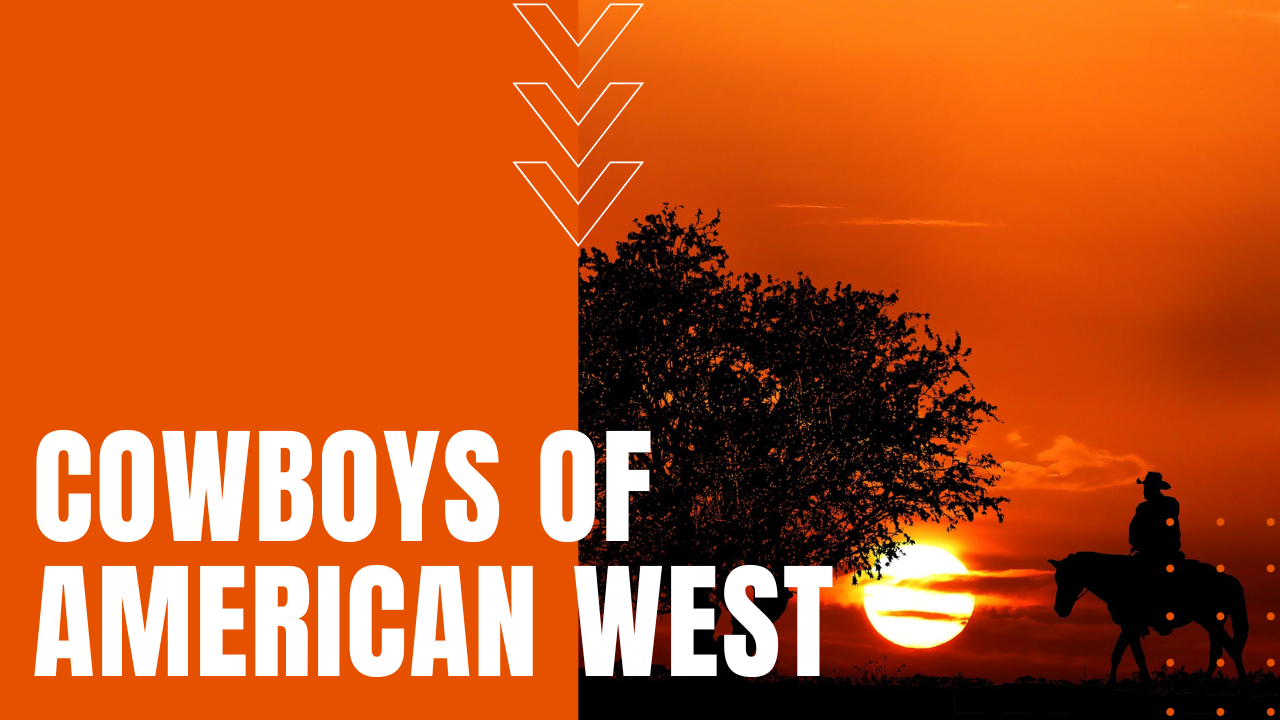-
March 16, 2023
Minutemen
The Minutemen were American colonists who formed a militia during the American Revolutionary War. They were known for being ready to fight at a minute’s notice and played a key role in the Battles of Lexington and Concord in 1775. The term “Minutemen” is still used today to refer to individuals who are ready to act quickly in defense of their community or country.
-
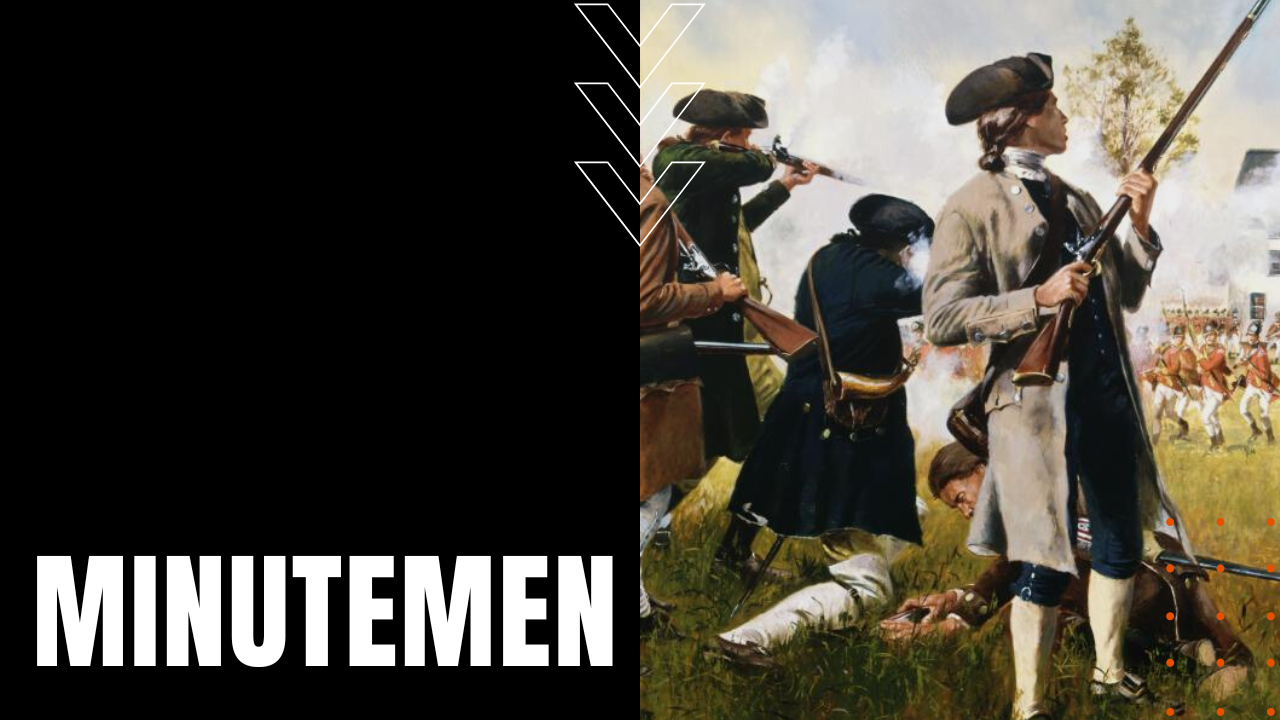
-
March 9, 2023
California’s Immigration History
California’s immigration history is rich and complex, with waves of immigrants from various countries contributing to the state’s diverse culture and economy over the past two centuries.
-
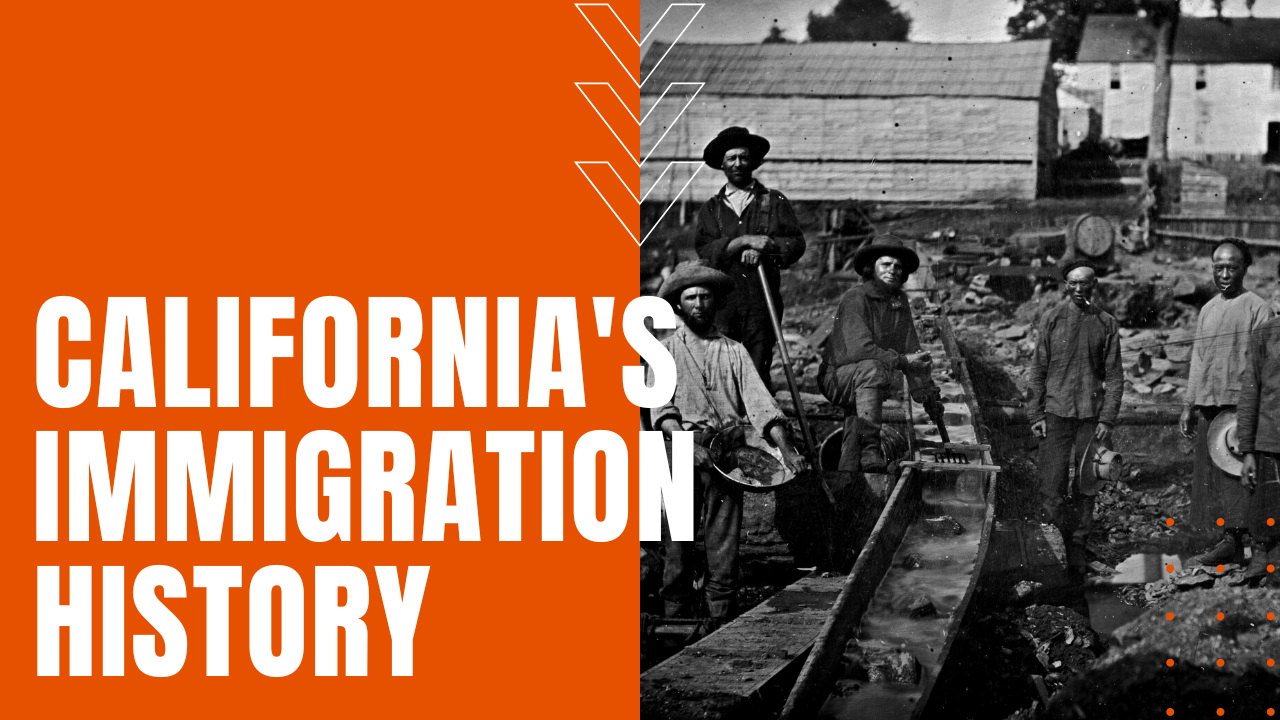
-
March 6, 2023
Robert F. Kennedy
Robert F. Kennedy was a prominent American politician and attorney, serving as U.S. Attorney General and later as a Senator until his assassination in 1968.
-
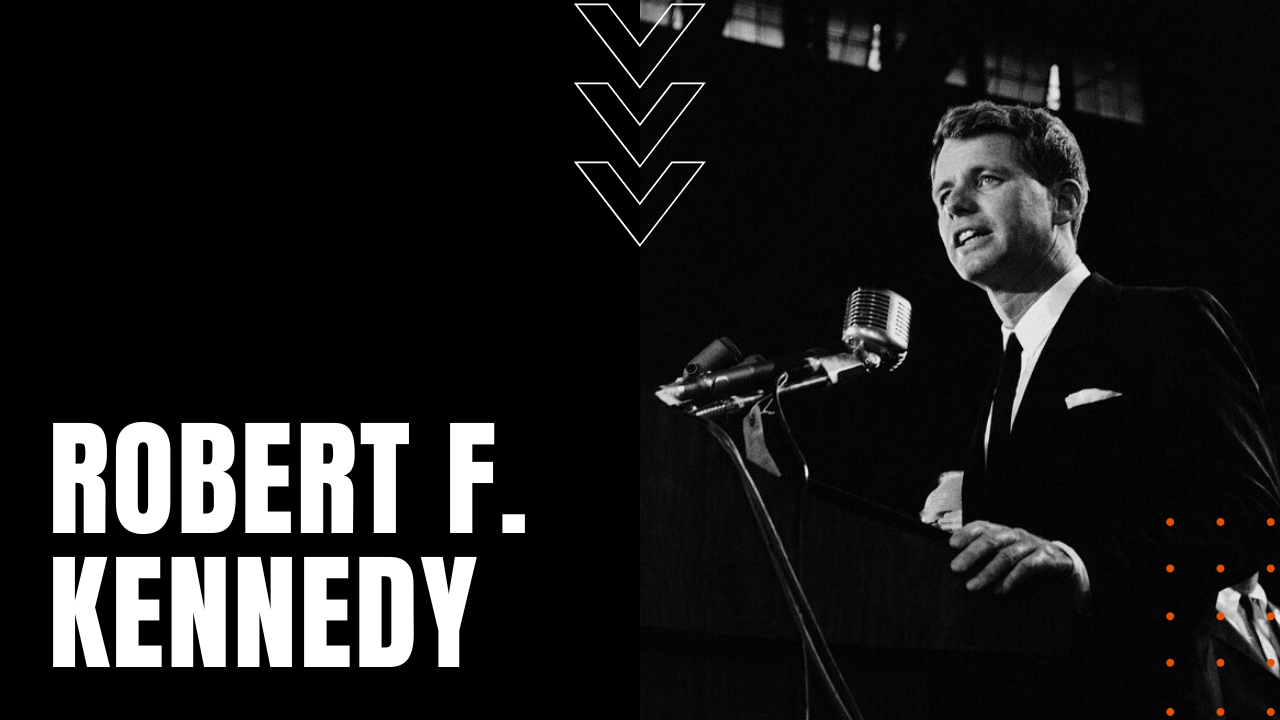
-
March 2, 2023
Brown v. Board of Education
Brown v. Board of Education was a landmark 1954 US Supreme Court case that ruled segregation in public schools to be unconstitutional. It overturned the “separate but equal” doctrine.
-
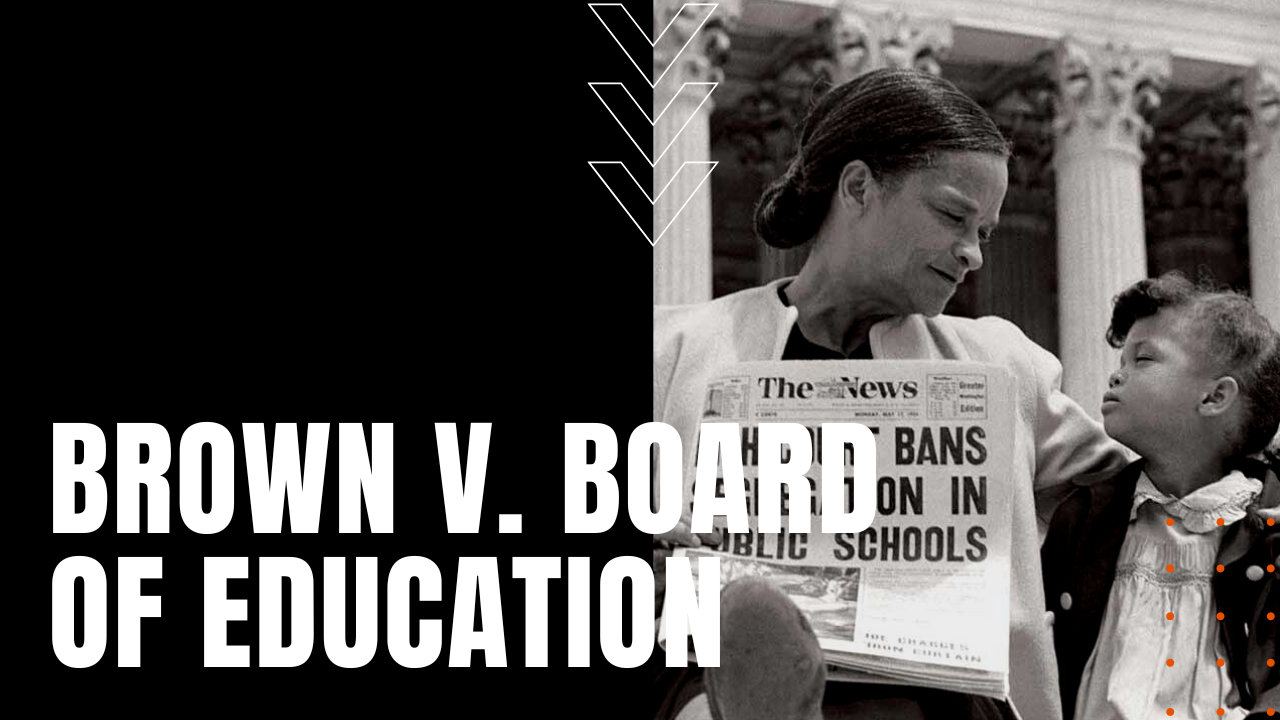
-
February 23, 2023
Ruby Bridges
Ruby Bridges was the first African American child to attend an all-white school in New Orleans, symbolizing the fight for racial integration in the US.
-
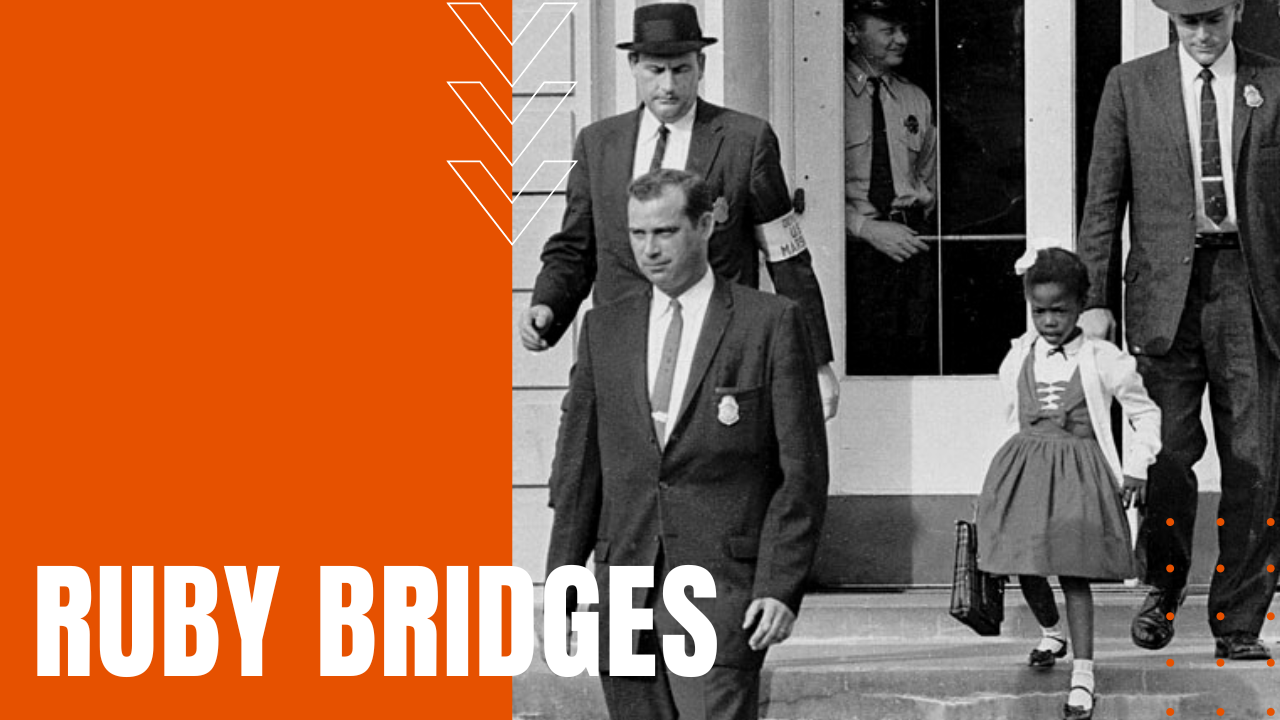
-
February 22, 2023
Sacramento River Massacre
In 1846, John Fremont led a survey party to the Sacramento River, where they massacred innocent Native Americans.
-
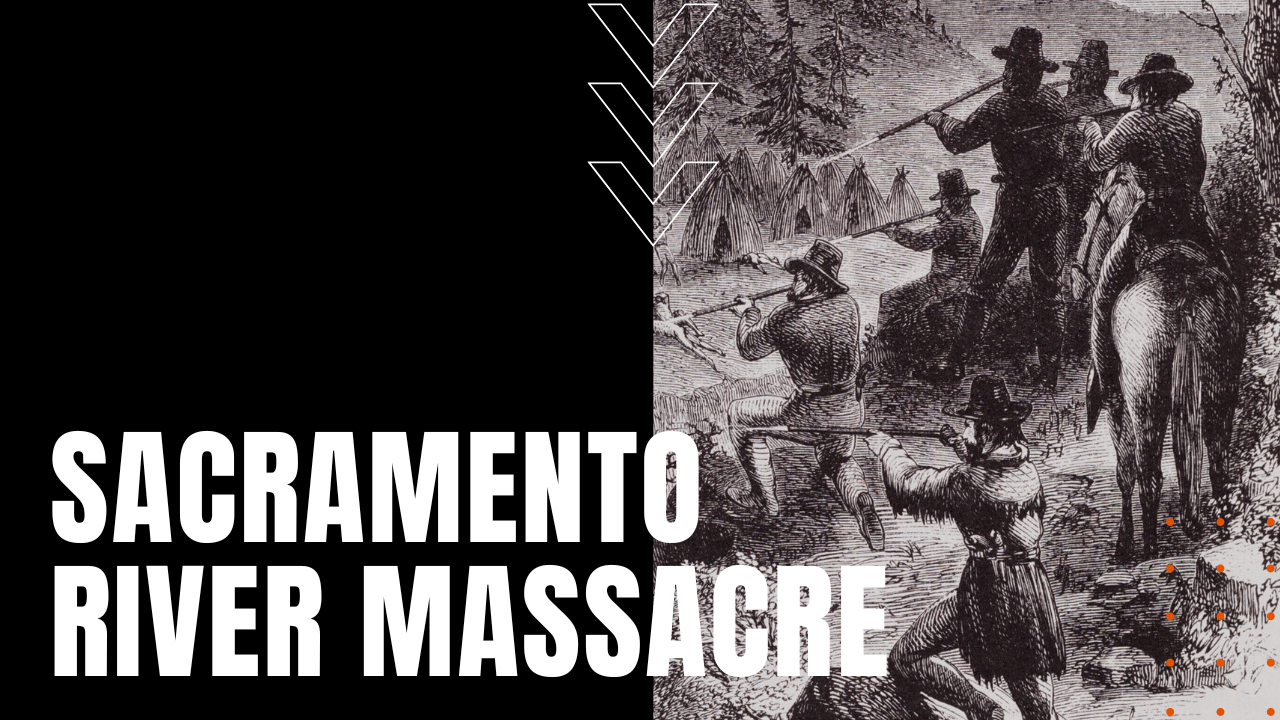
-
February 21, 2023
Cowboys and the American West
Cowboys emerged in the American West in the late 1800s as cattle herders and ranchers, known for their skills in riding, roping, and branding cattle.
-
